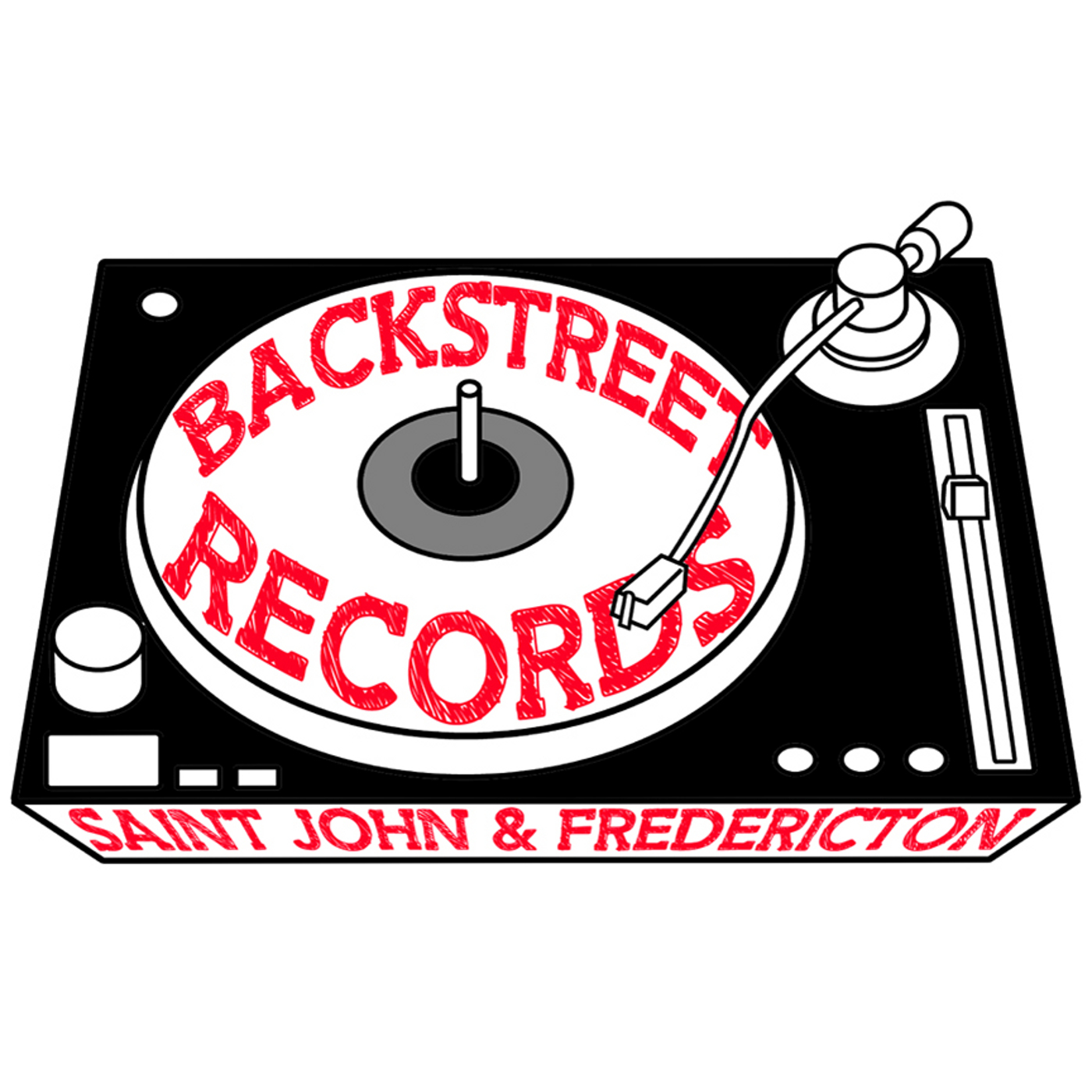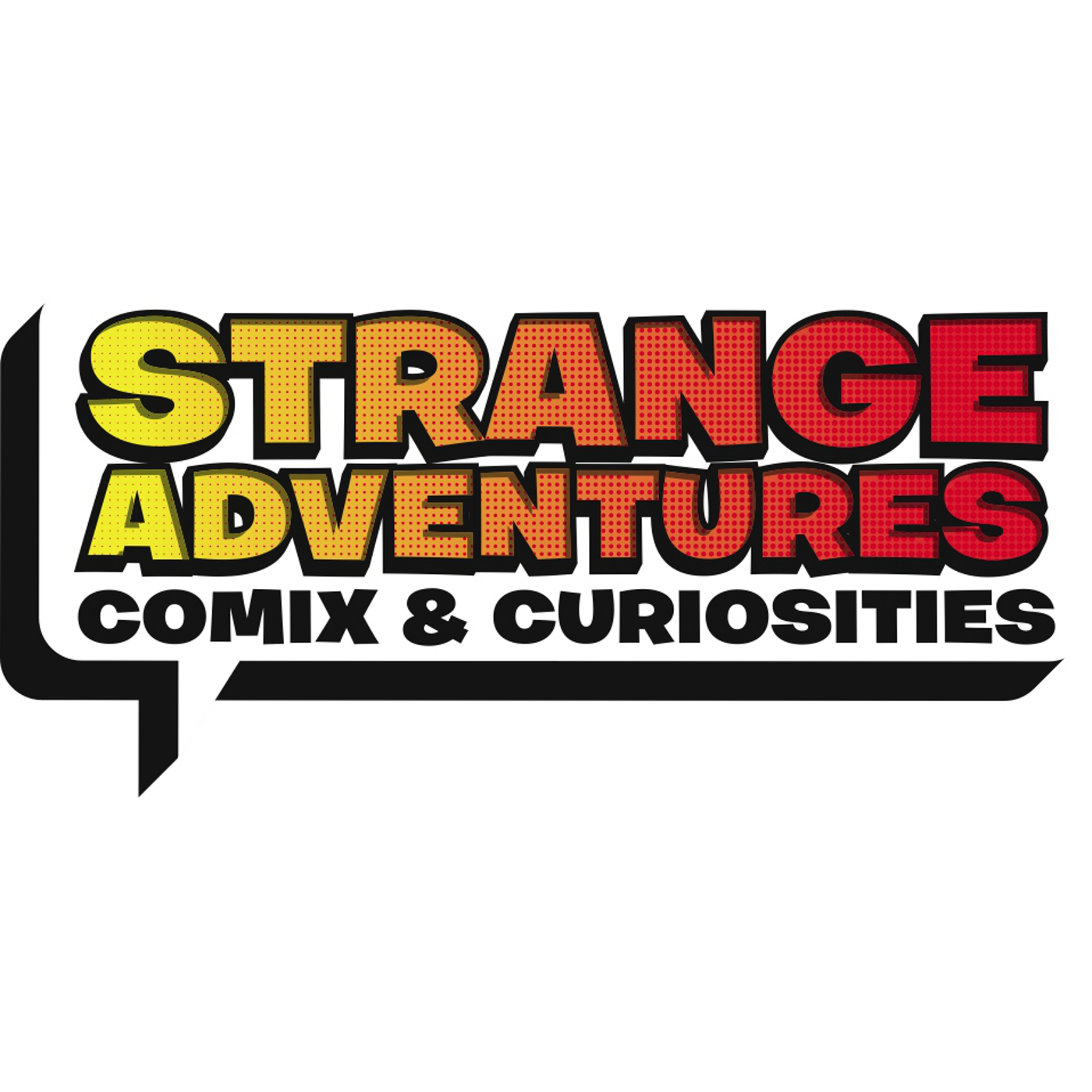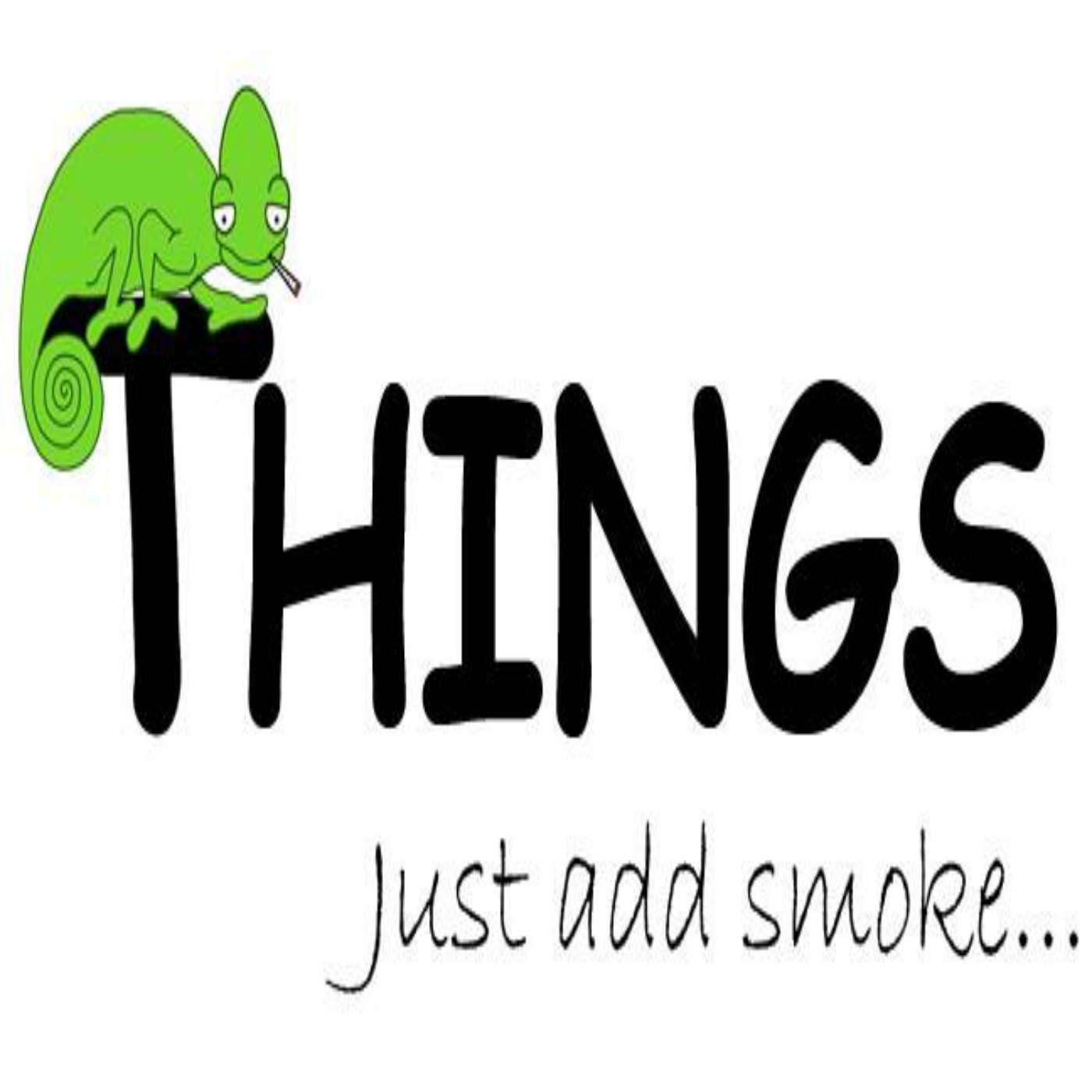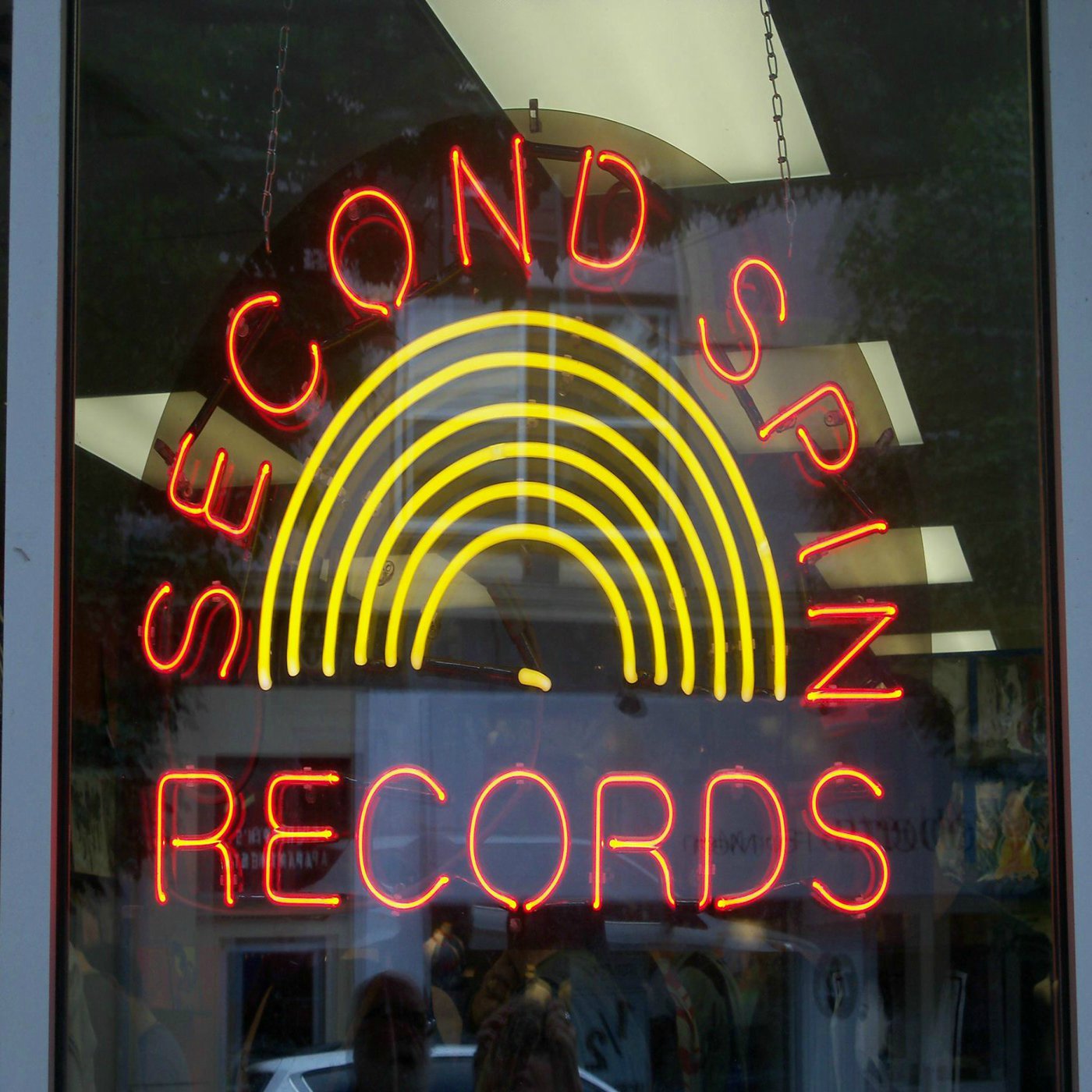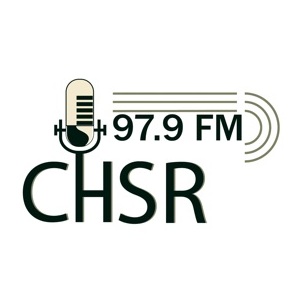This year marks the 30th anniversary of Black History Month in Canada, and the theme is Honouring Black Brilliance Across Generations. Today host, Tonya Price, offers brilliant music from black musicians across generations. Technical support provided by Jeff Richardson!
Playlist
Julian Taylor – Seeds ::
Allison Russell – The Returner ::
Aquakultre, Gary Beals, Hailey Smith – Scotia Born ::
KAYTRANADA, Shay Lia – Chances ::
Little Simz, Obongjayer – Point and Kill ::
Jackie Mittoo – Fancy Pants ::
Dominique Fils-Aimé – The River ::
Mustafa – Stay Alive ::
Maestro Fresh Wes – Let Your Backbone Slide ::
Sarahmée – Elle est partie ::
Shad – Black Averageness ::
Lydia Persaud – Good For Us
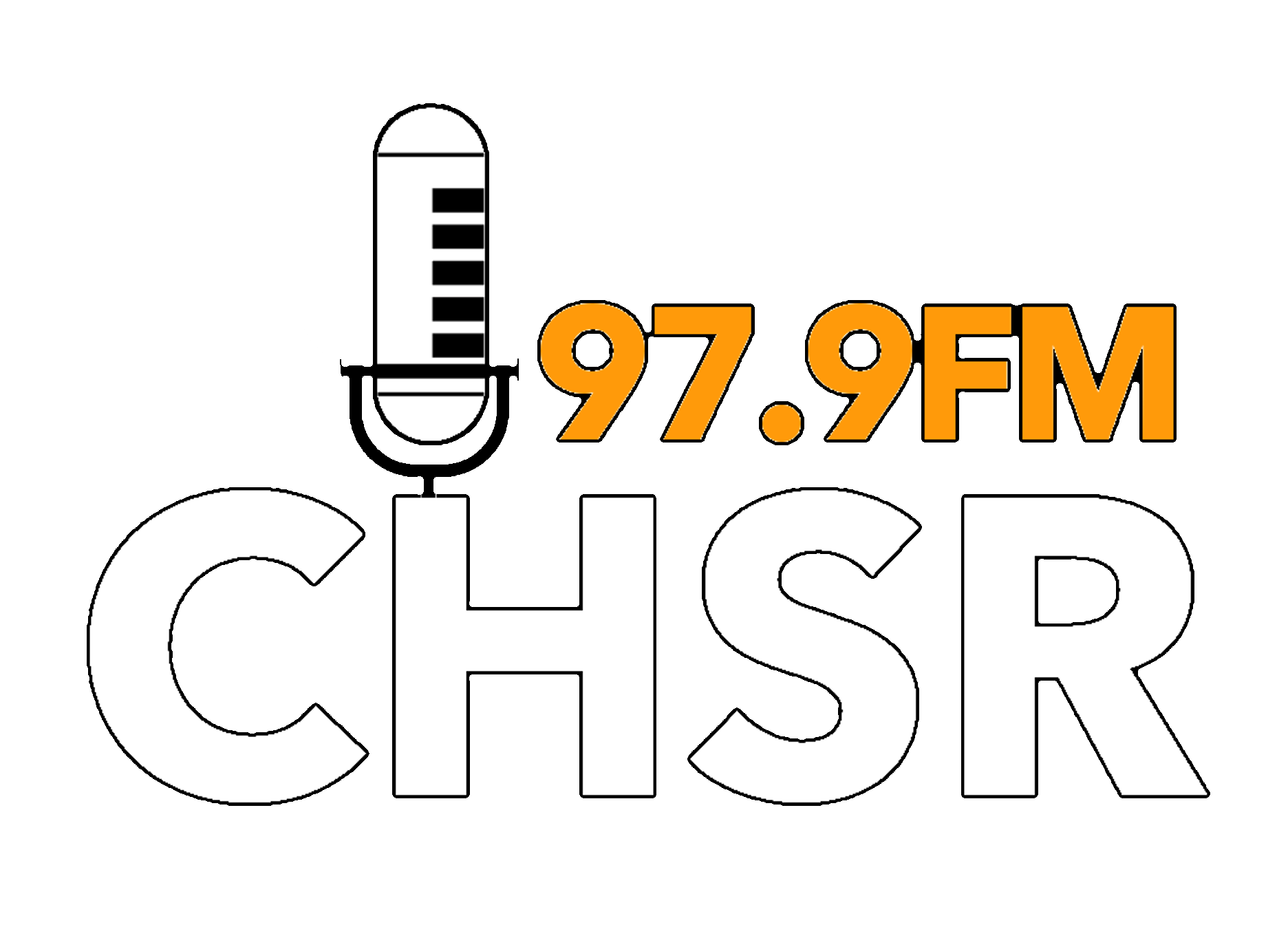

 Oh brother, here we go again…. in a good way!
Oh brother, here we go again…. in a good way!





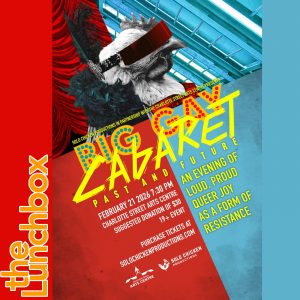
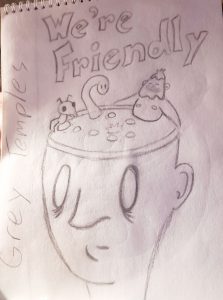 I’m here again to help you ice up your warm heart, and then thaw your icy heart. I’m a real problem solver/creator.
I’m here again to help you ice up your warm heart, and then thaw your icy heart. I’m a real problem solver/creator.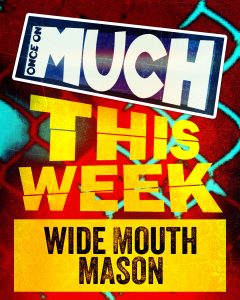
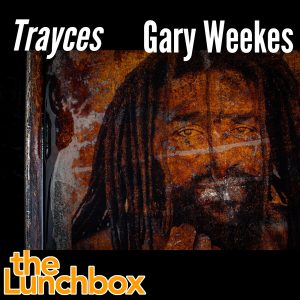
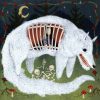
 You know what makes for a perfect Grey Temples? One that has something for everyone to love and hate. And hopefully for everyone its a different set of songs. This episode starts with a song that I think is one of the best of last year, and GT legend/frequent guest Nuggetman64 says sounds like our elderly cat dry heaving. We are off to the races people!! (Note: this makes it sound like Nuggetman was in the studio with me this week. Sorry to disappoint. He wasn’t.)
You know what makes for a perfect Grey Temples? One that has something for everyone to love and hate. And hopefully for everyone its a different set of songs. This episode starts with a song that I think is one of the best of last year, and GT legend/frequent guest Nuggetman64 says sounds like our elderly cat dry heaving. We are off to the races people!! (Note: this makes it sound like Nuggetman was in the studio with me this week. Sorry to disappoint. He wasn’t.)